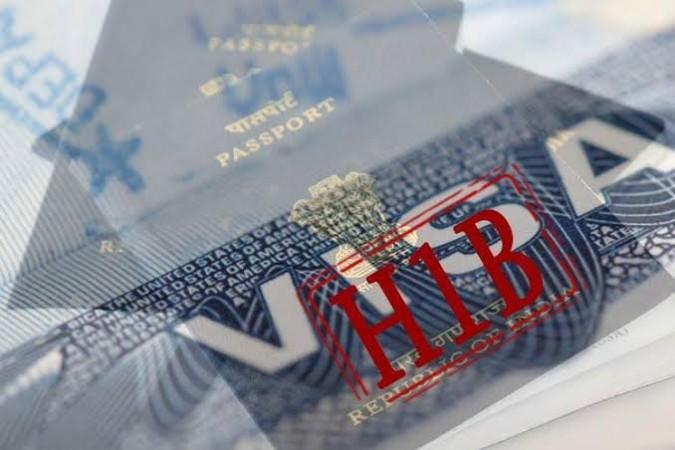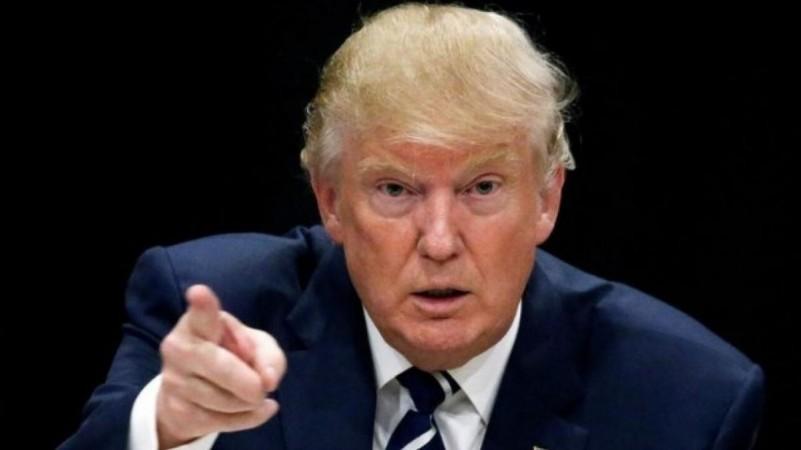Any report or study published or made public a week before the elections is, naturally, likely to be met with some discredit. But not when a study revisits the facts and lays bare the findings. There can be doubt over the estimates arrived at, but not really the fact that the visa ban did in fact cost the American exchequer, heavily.
It was on June 22 that President Donald Trump signed an order which temporarily banned H-1B & L-1 visas, thereby restricting the entry of skilled foreign workers into the US. It is this executive decision of Trump that has caused a negative impact on the valuation of Fortune 500 firms, and resulted in an estimated loss of $100 billion to companies, according to a recently published report by prominent American think-tank Brookings Institute. H-1B and L-1 visas are non-immigrant visas used by companies to hire or transfer high-skilled immigrants.
As per the report's estimates, the ban on visas has affected nearly 200,000 foreign workers or their dependents, thus preventing their entry into The States. As per USICS (US Citizenship and Immigration Services) 184,000 Indians applied for H-1B US visa for FY 20-21.

The report has been co-authored by Prithwiraj Choudhury, Indian American Lumry Family Associate Professor of business administration at Harvard Business School, Dany Bahasr from Brookings Institute and Britta Glennon from the University of Pennsylvania.
The report said that there was overwhelming evidence documenting that skilled immigration improves firm outcomes such as profits, productivity, innovation and investment. "Thus it is plausible that measures by Trump administration while significantly restraining immigration will have lasting impacts on American firms and slow down the post-COVID-19 economic recovery," said the study. While in the short run, the executive order caused a loss of $100 billion in market valuation, in the long run, there could far more devastating impacts as firms respond to these measures by either shifting employment opportunities or moving investment to other countries.

The education system under threat too
The American Immigration Council on Thursday said another proposed rule by the Department of Homeland Security limiting the admission of foreign students and exchange visitors could have a deeply adverse impact on US leadership in scientific research and technological innovation.
"The proposal would negatively impact American colleges and universities and foreign students seeking a higher education degree in The US," it said.
"This rule threatens to undermine the US' role as a world leader in education and stigmatizes tens of thousands of students based on their country of birth. New costs and bureaucratic barriers will make it more difficult for students and exchange visitors to complete their courses of study in the United States --- uncertainty that will inevitably drive talented students from around the world to pursue their studies in other countries," said Beth Werlin, executive director of the American Immigration Council.








